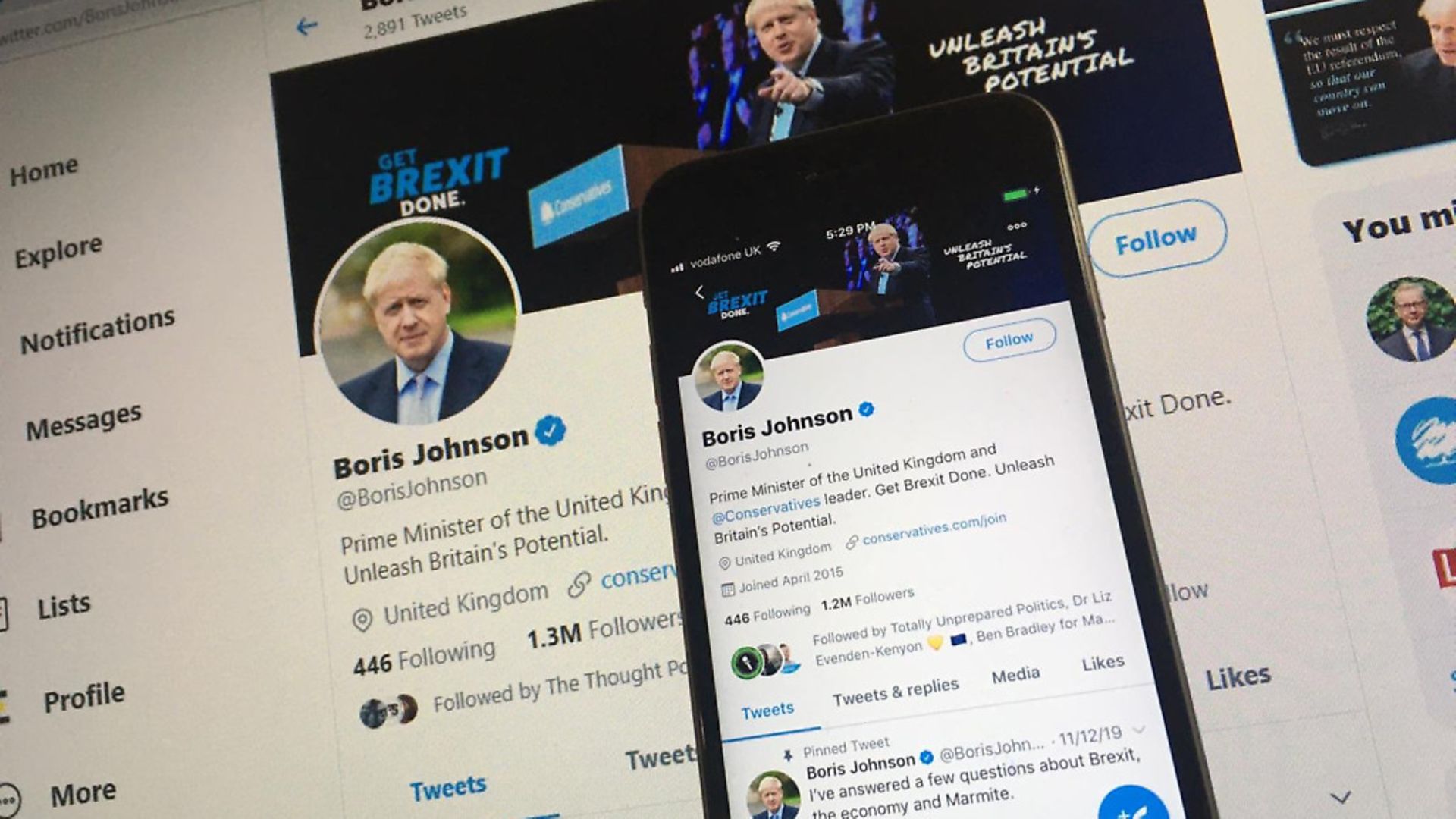
The BBC is considering new restrictions on how its journalists use Twitter, after several rows about alleged bias in the use of social media throughout the general election campaign.
Fran Unsworth, director of news and current affairs, is understood to be looking at ensuring the corporation’s reporters adhere more stringently to its impartiality guidelines – but has said she is not contemplating an outright ban.
The move, which would see top journalists move away from using tweets to break stories or offer instant analysis on Twitter, comes soon after Channel 4 News also blocked its non-political reporters from tweeting about current affairs.
The BBC’s review of the situation follows intense criticism of its top reporters including political editor Laura Kuenssberg, who was one of several other channels’ reporters to repeat a false allegation that a Conservative aide had been punched by a Labour activist.
Kuenssberg has been repeatedly censured by social media users, often abusively, who accuse her of displaying a pro-Tory bias throughout the general election campaign.
A BBC journalist told the Guardian that Unsworth anticipated some resistance from the reporters but “she wants to start a debate”.
Earlier, Unsworth told the Guardian: “We just need to reinforce our social media rules. But I don’t think it’s viable to say take a step back.”
Former BBC controller of editorial policy Phil Harding told the Guardian that he welcomed the move. “[Journalists] need to take two steps back and make sure what they are saying is impartial and true, because we need that impartial servcie badly at the moment.”
He added: “The most important thing is that they have to hang onto the trust, which has fallen away a little. They have to consider whether they need to be in among the first reactors to an event.”
BBC newsreader Huw Edwards has reacted hotly to a wider debate about the corporation’s political impartiality and dismissed much public criticism as “groupthink” fuelled by “toxic cynicism”.
In a LinkedIn post, the News at Ten anchor pointed out that broadcast media is subject to much stricter regulation than the press and rejecting claims that colleagues are either under pressure from on high to promote a particular worldview, or that they have the opportunity to “freelance” their opinions.
Warning: Illegal string offset 'link_id' in /mnt/storage/stage/www/wp-includes/bookmark.php on line 357
Notice: Trying to get property 'link_id' of non-object in /mnt/storage/stage/www/wp-includes/bookmark.php on line 37






